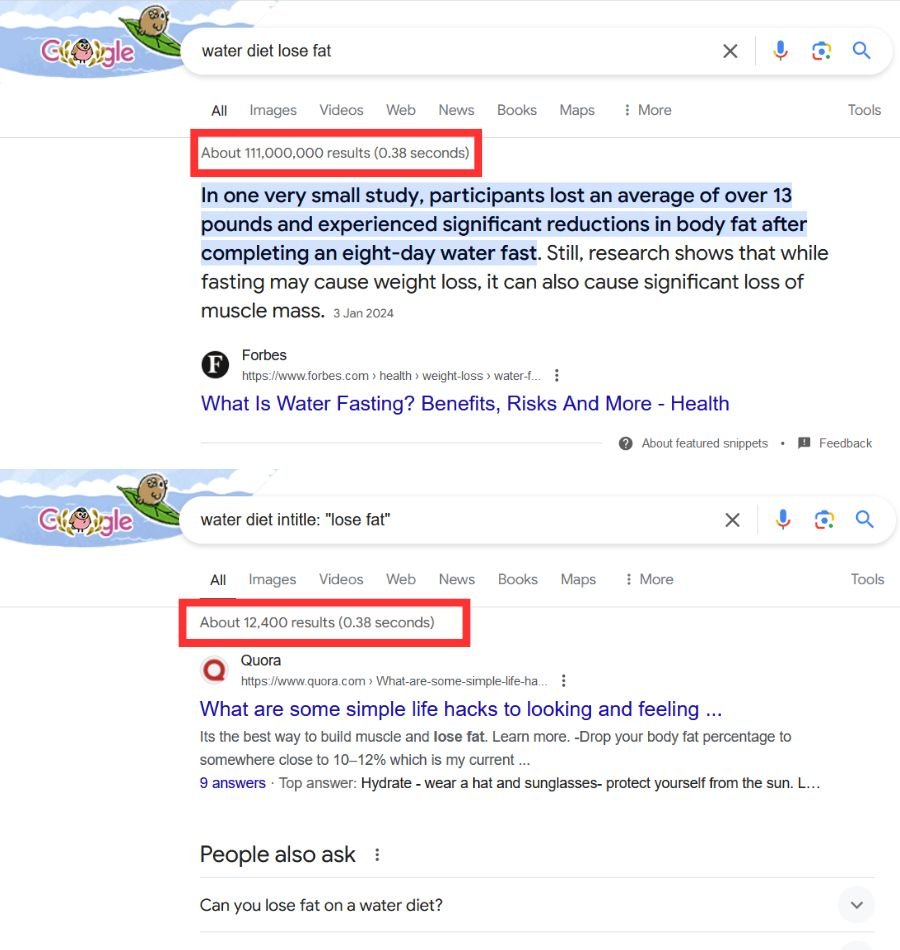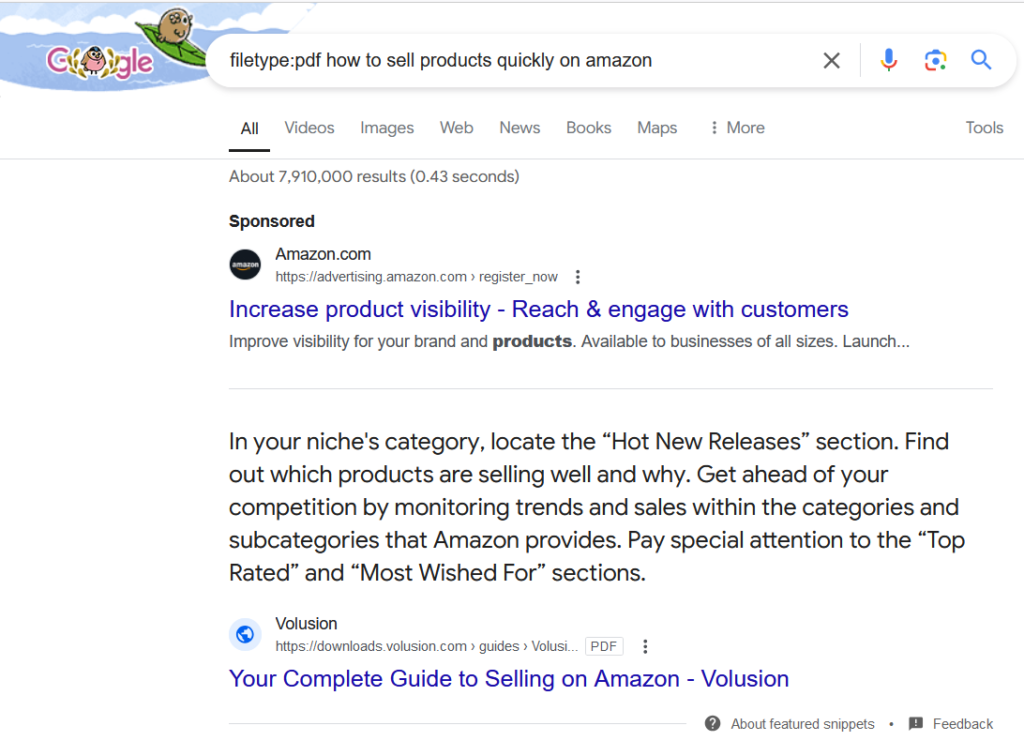Google is undoubtedly a powerhouse of information, but finding exactly what you need can sometimes feel like searching for a needle in a digital haystack. Luckily, there are secret weapons in your arsenal: Advanced Search Operators. These powerful tools can transform your search experience, delivering precise results in record time.
Contents
Unlock the Power of Advanced Search Operators
Advanced search operators are special commands you can input directly into Google Search to refine your results. These hidden gems can help you find exactly what you’re looking for, whether it’s a specific type of file, a page within a particular website, or information from a specific timeframe.
1. Conquer Website-Specific Searches
Want to stay within the confines of a particular website? The site: operator is your answer. By typing site:example.com “keyword” into the search bar, you can limit your results to the specified website.
1.1. Laser-Targeted Shopping with the site: Operator
Imagine you’re on a shopping mission, but instead of wading through endless search results from various websites, you can focus your hunt on a specific store. That’s the magic of the site: operator!
Here’s how it works:
- Type site: [website address] followed by your desired product or keyword.
For example, if you’re looking for a specific backpack on Amazon UK, you could enter:
site:amazon.co.uk “best backpack for air travel”
This will restrict your search results to only those displayed on Amazon UK, saving you valuable time and effort.

1.2. Why is this Powerful for E-Commerce Businesses?
As a business owner, understanding the site: operator can be a game-changer:
- Competitor Analysis: Use it to research how your competitors present their products on their websites. Analyze their product descriptions, pricing strategies, and customer reviews.
- Price Tracking: Monitor competitor prices for specific items using the
site:operator. This can help you stay competitive and adjust your pricing strategy if needed. - Customer Insights: Search for reviews and mentions of your brand using
site:[website address]. This allows you to gauge customer sentiment and identify areas for improvement.
Beyond Amazon:
Remember, the site: operator isn’t limited to Amazon. You can use it to search within any website, making it a valuable tool for targeted research and informed decision-making.
2. Master the Art of Title Searches
Looking for pages with a specific word or phrase in the title? The intitle: operator is your secret weapon. For example, intitle: “lose fat” will show you pages with those exact words in the title.

Let’s break down why using the intitle: operator produced significantly fewer results when searching for “water diet lose fat.”
2.1. How Google Processes Searches
When you search for “water diet lose fat” without any operators, Google considers all parts of a webpage, including the title, body content, and metadata. This broader scope results in a higher number of results.
2.2. The Power of intitle:
On the other hand, using intitle: water diet lose fat restricts Google’s search to only page titles. By focusing on the title, you’re essentially telling Google to find pages where the exact phrase “water diet lose fat” appears in the title tag.
This is why the results are significantly fewer.
2.3. Why This Matters
Understanding this difference is crucial for effective search strategies. If you’re looking for pages that specifically focus on the topic of a “water diet” and “lose fat,” using intitle: can help you find more relevant and targeted results. However, if you’re interested in a broader range of information, a regular search without operators might be more suitable.
In essence, the intitle: operator is a powerful tool for precision, but it can also limit the number of results.
3. Find the Exact File You Need
Need a specific file type? The filetype: operator is your file finder. For example, searching for filetype:pdf how to sell products quickly on amazon will display PDF documents related to selling on amazon.





